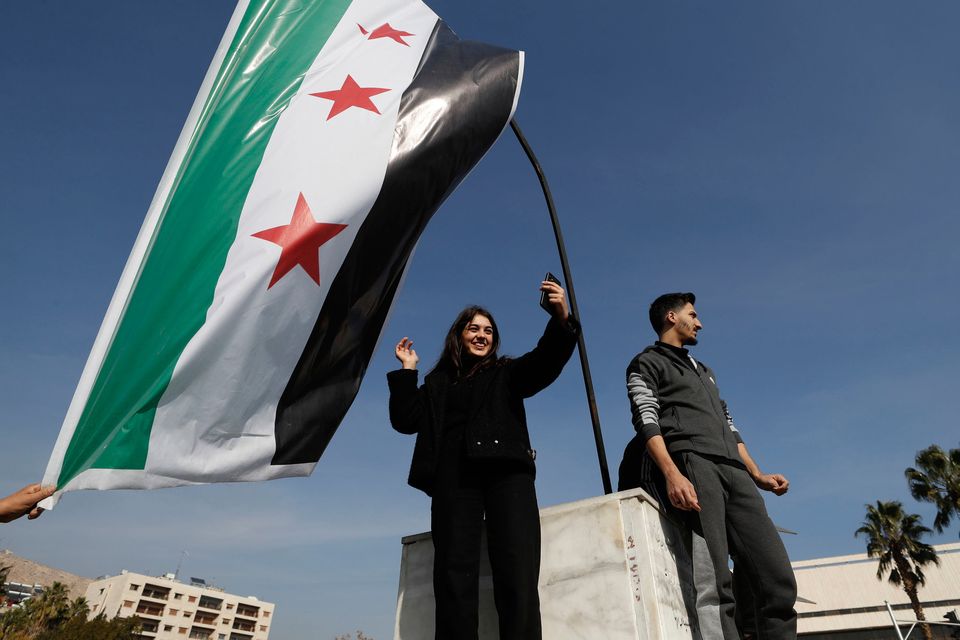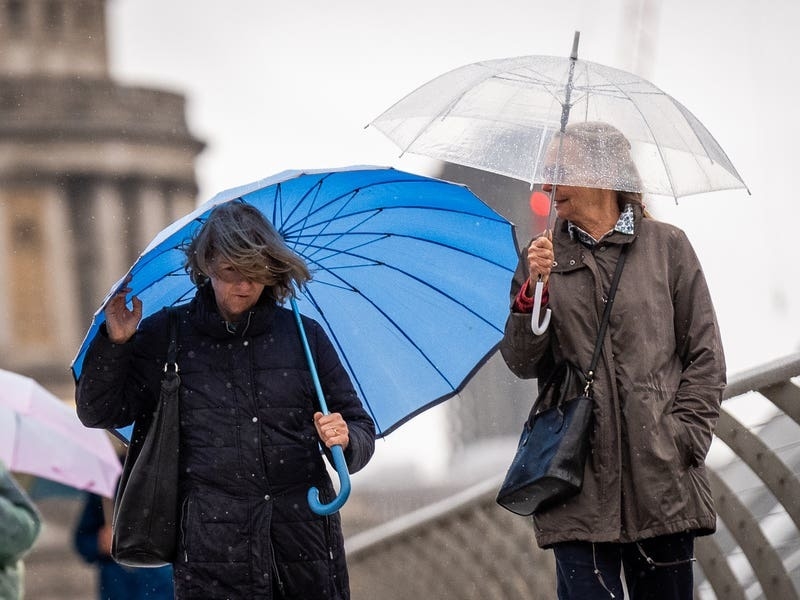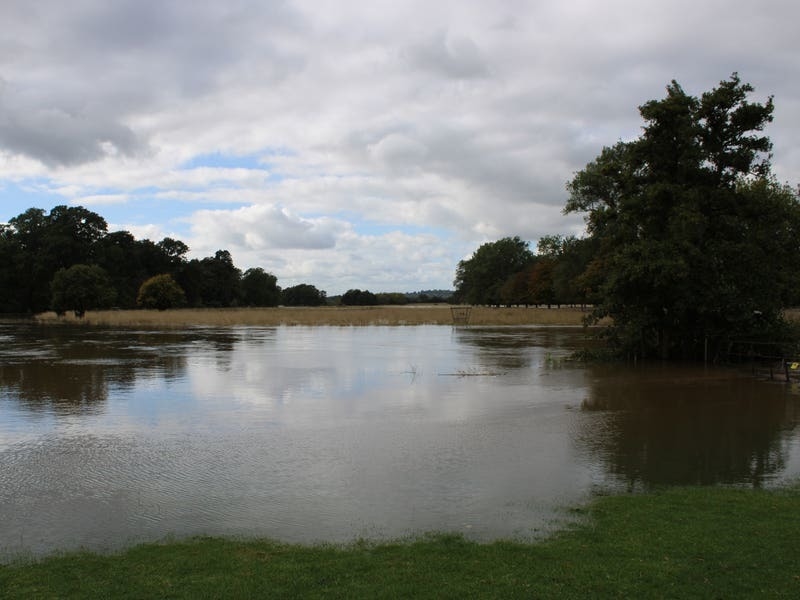
There are moments when a confluence of unforeseen events can present either extraordinary opportunity or unmitigated failure, depending on the response. At such times, diplomacy can be the difference between success and disaster. Such periods often coincide with great upheaval and uncertainty.
The space created by the shifting ground can make way for either new bridges or deeper chasms. The overthrow of the Assad regime in the Middle East has come as a shock, but many, including Nato secretary general Mark Rutte, have voiced cautious optimism that there is potential for a peaceful transition of power and an inclusive, Syrian-led political process. The ignominious flight of the dictator from Damascus has opened up new avenues.

The hope for the country’s long-suffering population is that the end of the nightmare is at hand. This will be conditional on the rebel leaders upholding the rule of law and protecting civilians. Russia and Iran have much to answer for in endorsing and supporting the reign of terror.
Assad’s tyranny created the world’s greatest refugee crisis, with nearly six million displaced Syrians living in neighbouring countries. Europe hosts one million, mostly in Germany, while Turkey has become home to three million. All are owed a chance to return to their homeland, but as we saw in Iraq, Libya and Afghanistan, charting the course of events after the toppling of regimes is nigh on impossible.
We should never forget that more than 500,000 people have died since the outbreak of civil war in Syria in 2011. Nowhere needs a success story more than the Middle East. News that White House national security adviser Jake Sullivan will visit Israel this week for talks on Syria – but also to push efforts to broker a Gaza ceasefire deal – suggests a breakthrough is possible.
Stabilising the region is essential for global peace. Meanwhile, the second coming of Donald Trump to the White House is also concentrating hearts and minds and galvanising intentions. He has put the world on notice that “America first” means just that.
The message has been heard in Kyiv, where president Volodymyr Zelensky has set out his stall for a possible settlement to Russia’s war. He has suggested allowing foreign troops being deployed in his country until it could join Nato. Trump has called on China to exert its influence to “end the madness”.
The fall of Assad is a hammer blow to Russian president Vladimir Putin, who has lost what was a critical foothold in the Middle East. His Syria intervention had helped restore Russia’s standing after the Soviet Union’s collapse. With his hands full in Ukraine, he is hardly in a position to deploy troops to shore up his position.
In Ukraine and the Middle East, there is inertia. Deadlock eventually forces fresh thinking. Might shifting perspectives on Damascus also prompt new approaches in Moscow or Tel Aviv? Eventually, force always has to yield.
.










